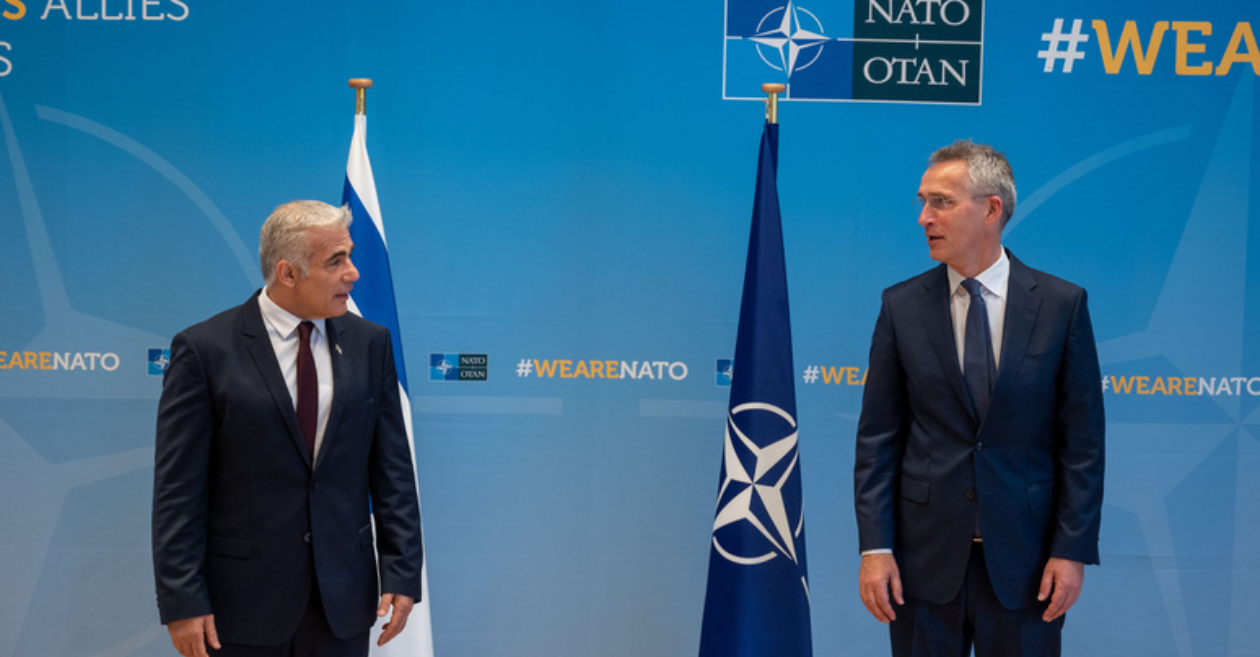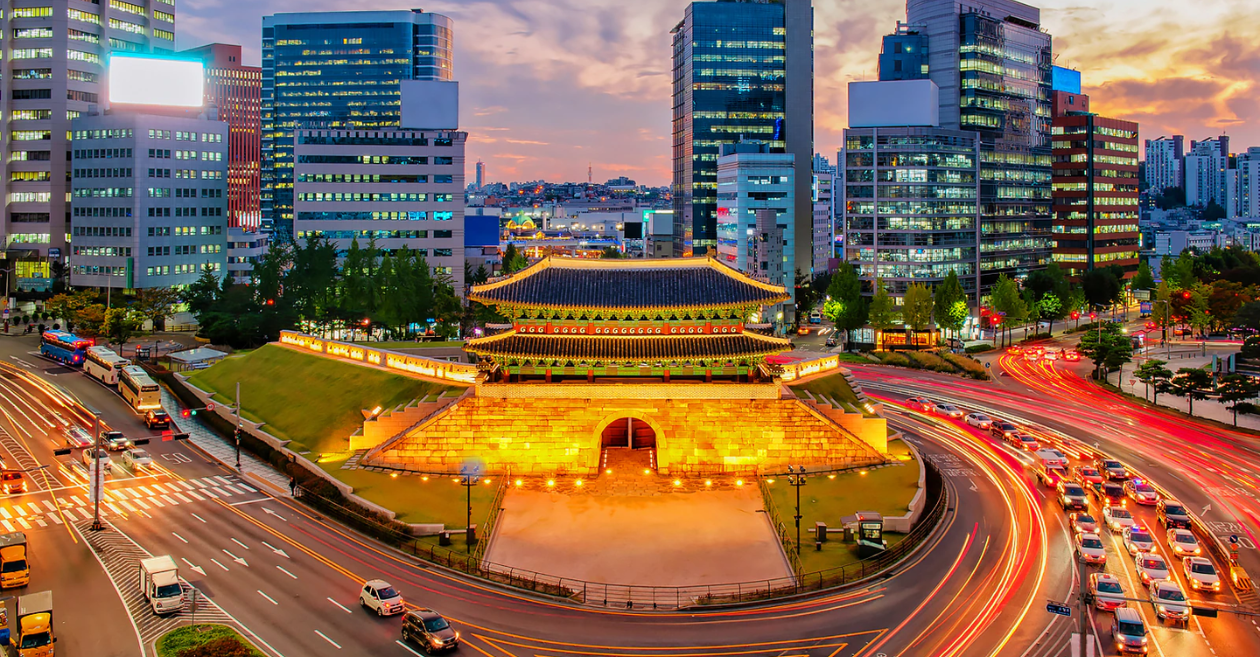


The recent escalation of conflict in the Middle East, marked by Hamas attacks on Israel, has sparked a wave of global reactions. Notably, NATO's strong partnership with Israel in the face of these challenges has become a focal point. This blog aims to dissect the dynamics of this alliance and shed light on how the world is responding to the complex geopolitical landscape.
People Also Read: Who is the most beautiful girl in the world
Hamas, the militant group controlling the Gaza Strip, has intensified rocket attacks on Israel, leading to a renewed cycle of violence. The situation has drawn global attention, prompting nations and alliances to navigate the delicate balance between diplomatic efforts and safeguarding security.
NATO, the North Atlantic Treaty Organization, traditionally focused on Euro-Atlantic security, has extended its reach to collaborate with Israel on shared interests, including counterterrorism and regional stability. This historic partnership underscores the recognition of Israel as a key player in the complex geopolitical dynamics of the Middle East.
| Aspect | Details |
| Security Cooperation | Joint efforts in counterterrorism and intelligence sharing. |
| Military Exercises | Regular joint military exercises to enhance interoperability. |
| Strategic Dialogues | Ongoing high-level dialogues on regional security and cooperation. |
| Technological Collaboration | Cooperation in defense technology and innovation. |
| Counterterrorism Initiatives | Joint efforts to address common threats posed by terrorist organizations. |
As Hamas attacks persist, NATO's response has been characterized by expressions of solidarity with Israel. The alliance emphasizes the importance of protecting civilians and calls for de-escalation, urging all parties to engage in diplomatic efforts to achieve lasting peace.
Beyond NATO, the international community's reactions to the Hamas attacks vary. While some nations unequivocally condemn the rocket attacks and express support for Israel's right to defend itself, others call for restraint and emphasize the need for a peaceful resolution to the conflict.
The United Nations has been actively involved in seeking a resolution to the crisis. Calls for an immediate ceasefire and a return to diplomatic dialogue echo through the UN corridors. The international body underscores the urgency of addressing the root causes of the conflict for a sustainable and just resolution.
Amidst the geopolitical maneuvering, the impact on civilians remains a pressing concern. The escalation of violence has led to civilian casualties on both sides, prompting humanitarian organizations to call for immediate access to affected areas to provide assistance and ensure the protection of civilians.
As the world reacts to the Hamas attacks and NATO-Israel partnership takes center stage, the future remains uncertain. Diplomatic efforts, regional cooperation, and international dialogue are crucial components in navigating the complex geopolitics of the Middle East and finding a lasting resolution to the ongoing conflict.
In the face of escalating tensions and violence, the NATO-Israel partnership stands as a testament to the importance of international collaboration in addressing complex geopolitical challenges. As the world reacts to the Hamas attacks, the call for diplomacy, peace, and a focus on the well-being of civilians emerges as a guiding principle for a more stable and secure future in the troubled region.
NATO's partnership with Israel amid the Hamas attacks is rooted in shared interests, including counterterrorism and regional stability. The alliance recognizes Israel as a key player in the complex geopolitical dynamics of the Middle East and aims to collaborate on security, military exercises, strategic dialogues, technological innovation, and counterterrorism initiatives.
NATO's response to the Hamas attacks emphasizes solidarity with Israel and calls for de-escalation. The alliance underscores the importance of protecting civilians and urges all parties to engage in diplomatic efforts for a lasting peace. NATO is actively involved in addressing the security challenges posed by the conflict while advocating for a peaceful resolution.
The international community's reactions to the Hamas attacks vary. While some nations condemn the rocket attacks and express support for Israel's right to defend itself, others call for restraint and emphasize the need for a peaceful resolution to the conflict. The complex geopolitical landscape leads to diverse perspectives on how to address the ongoing crisis.
The United Nations is actively involved in seeking a resolution to the crisis caused by the Hamas attacks. Key priorities include calling for an immediate ceasefire, urging a return to diplomatic dialogue, and emphasizing the importance of addressing the root causes of the conflict. The UN plays a central role in advocating for a peaceful and just resolution to the ongoing crisis.
The escalation of violence in the Hamas attacks raises significant humanitarian concerns, particularly regarding civilian casualties. Humanitarian organizations are calling for immediate access to affected areas to provide assistance and ensure the protection of civilians. Amidst the geopolitical complexities, the focus remains on addressing the impact of the conflict on the well-being of people caught in the crossfire.

South Korea is like a cool mix of old

You might not think of Luton immediat

Cancun, just saying it makes you thin

The USS Enterprise is like a supersta

Woolworths, a beacon in the retail la

In the vast sea of credit card choice
Trash to treasure: How Google thinks
Spring Fashion Show at the University
Matter of Impact: April updates from
Android Enterprise security delivers
We are not gonna make spamming
Copyright By@TheWebTrends - 2023
BACK TO TOP